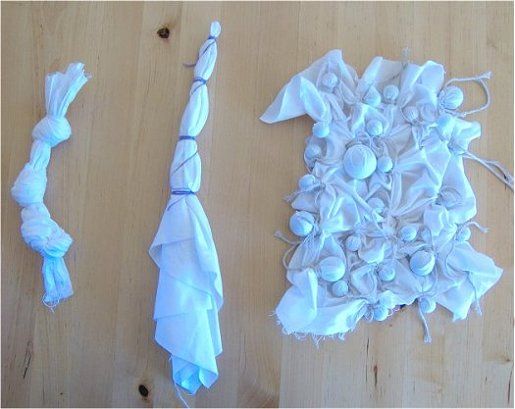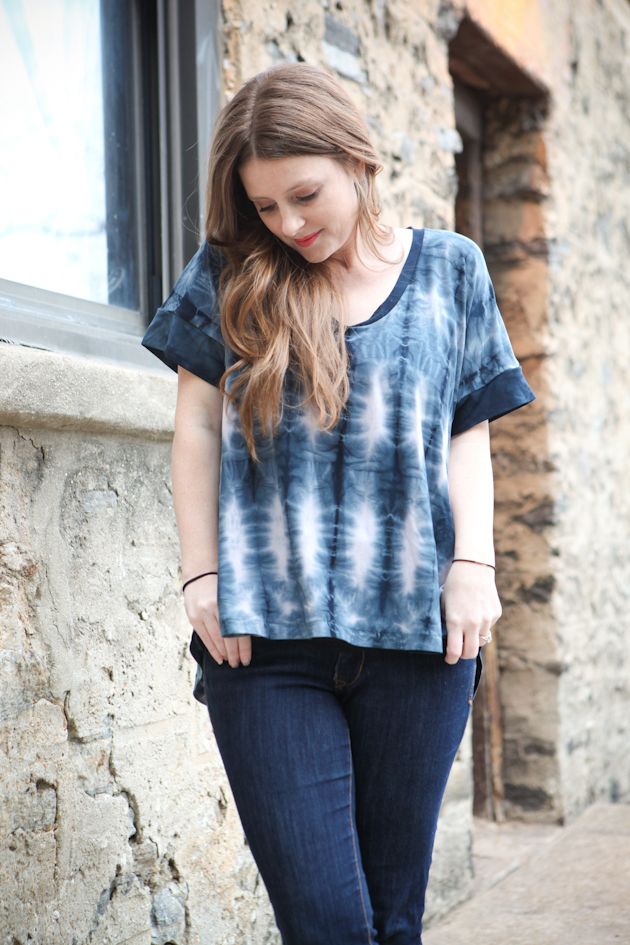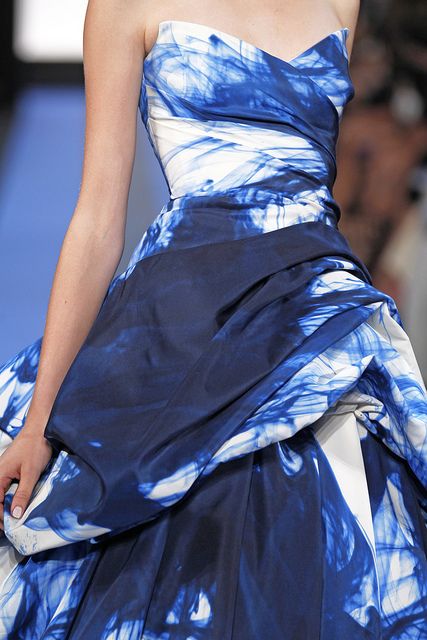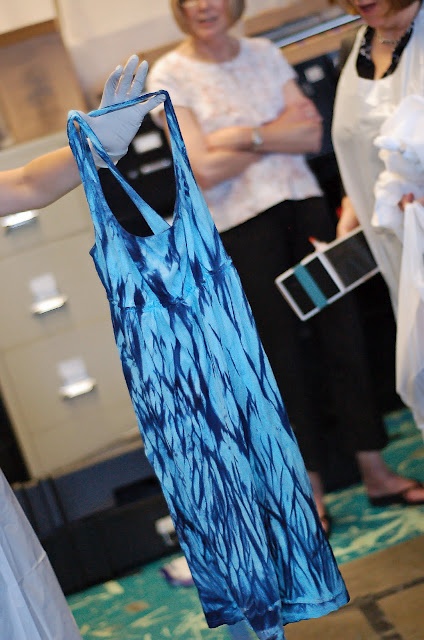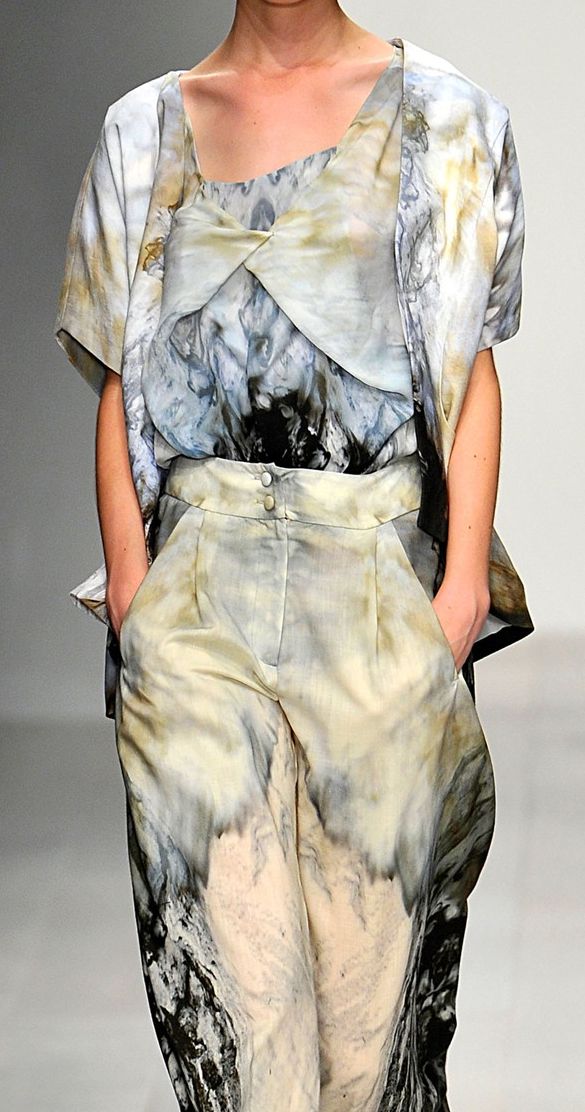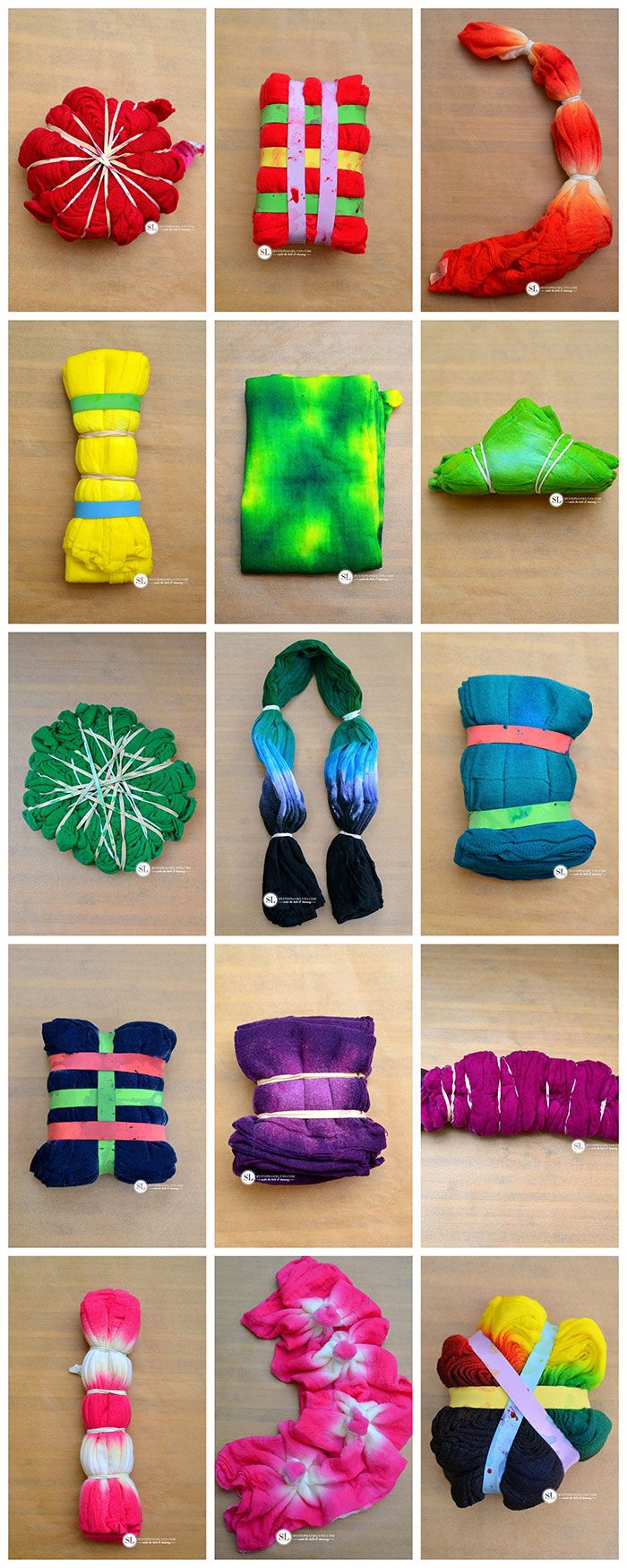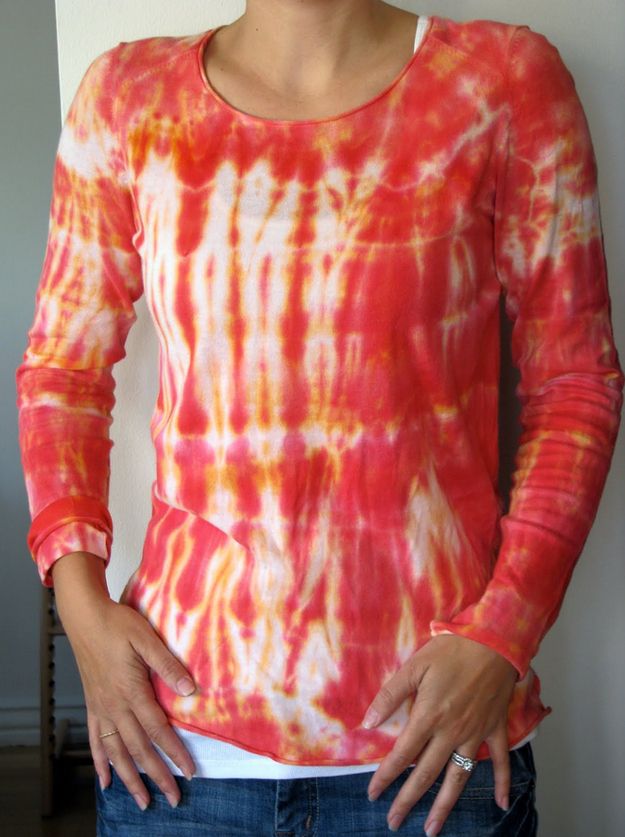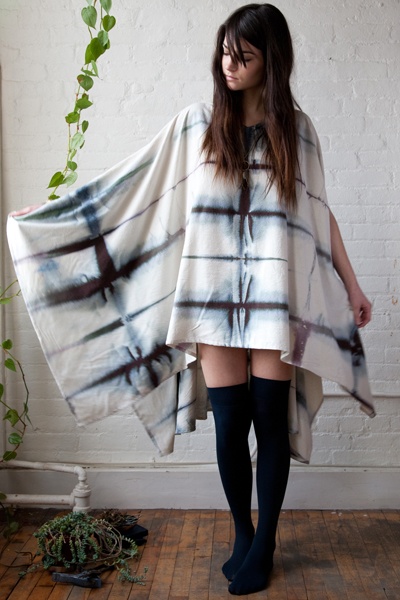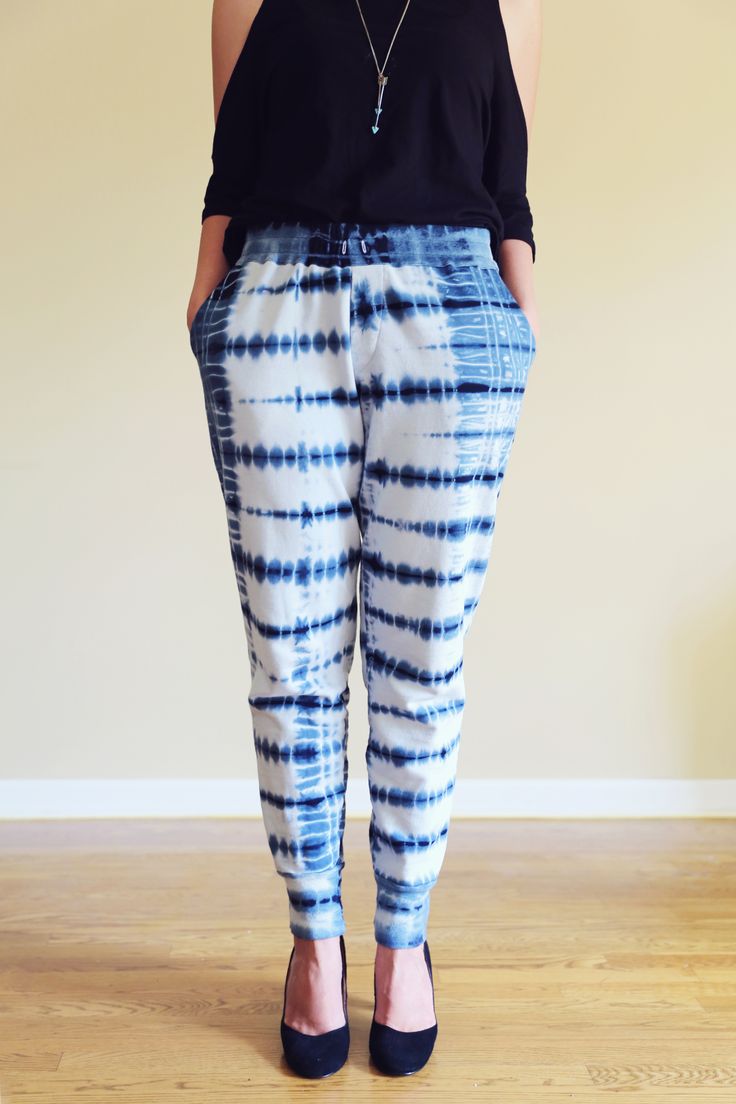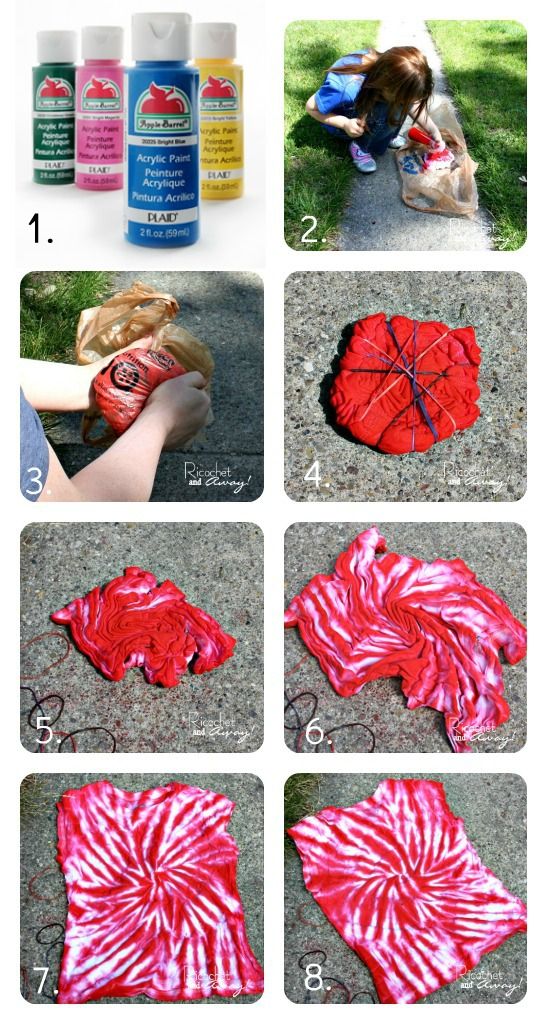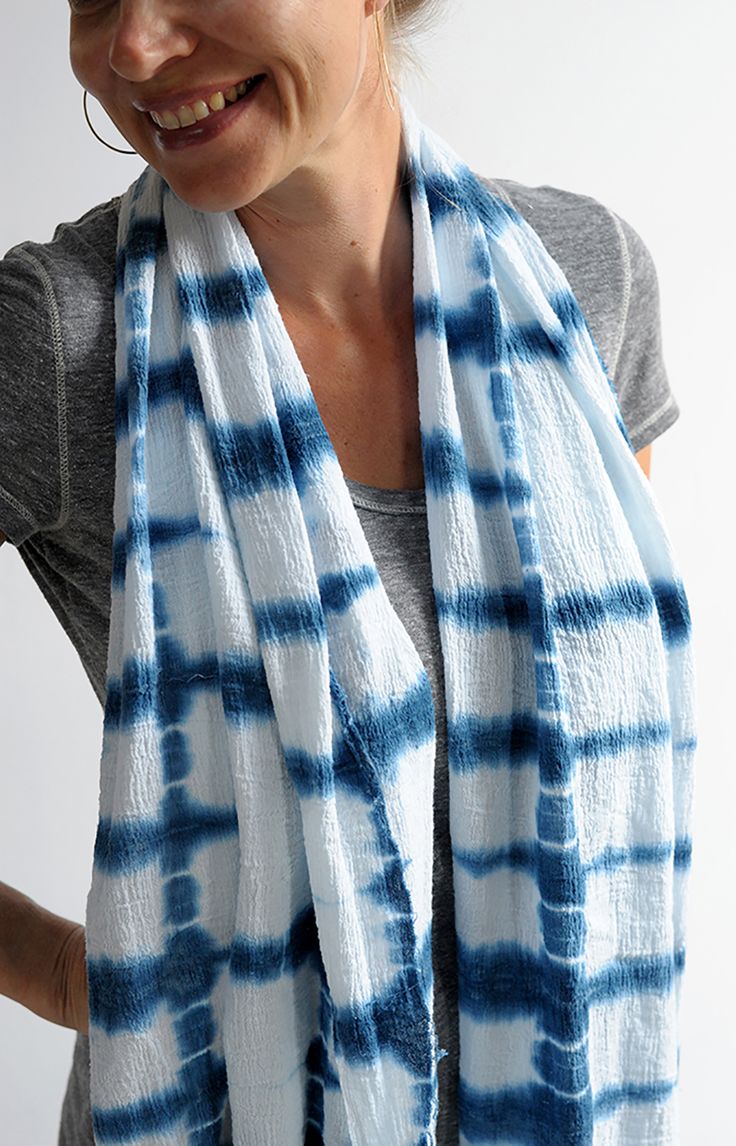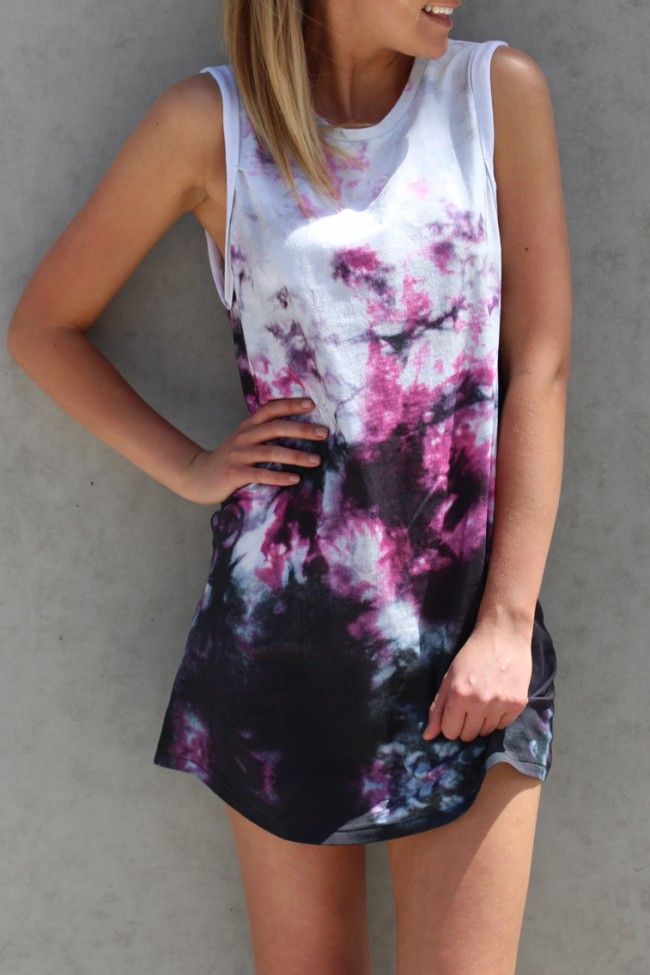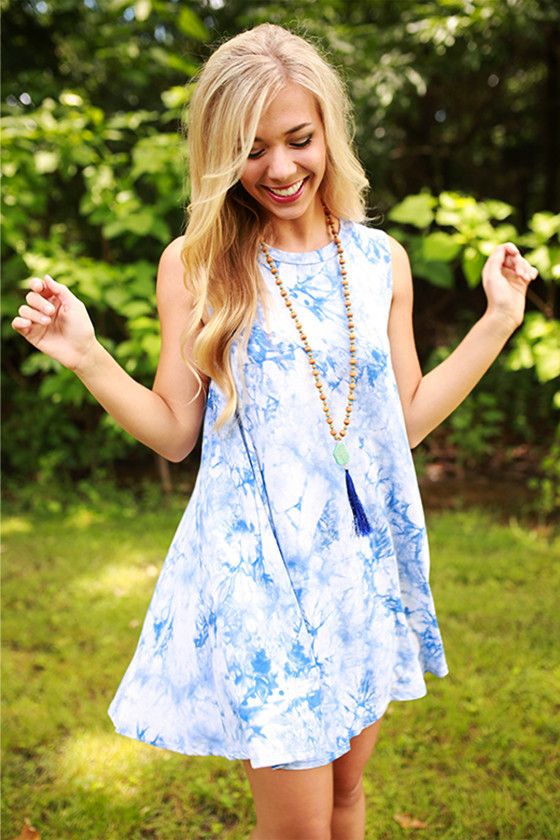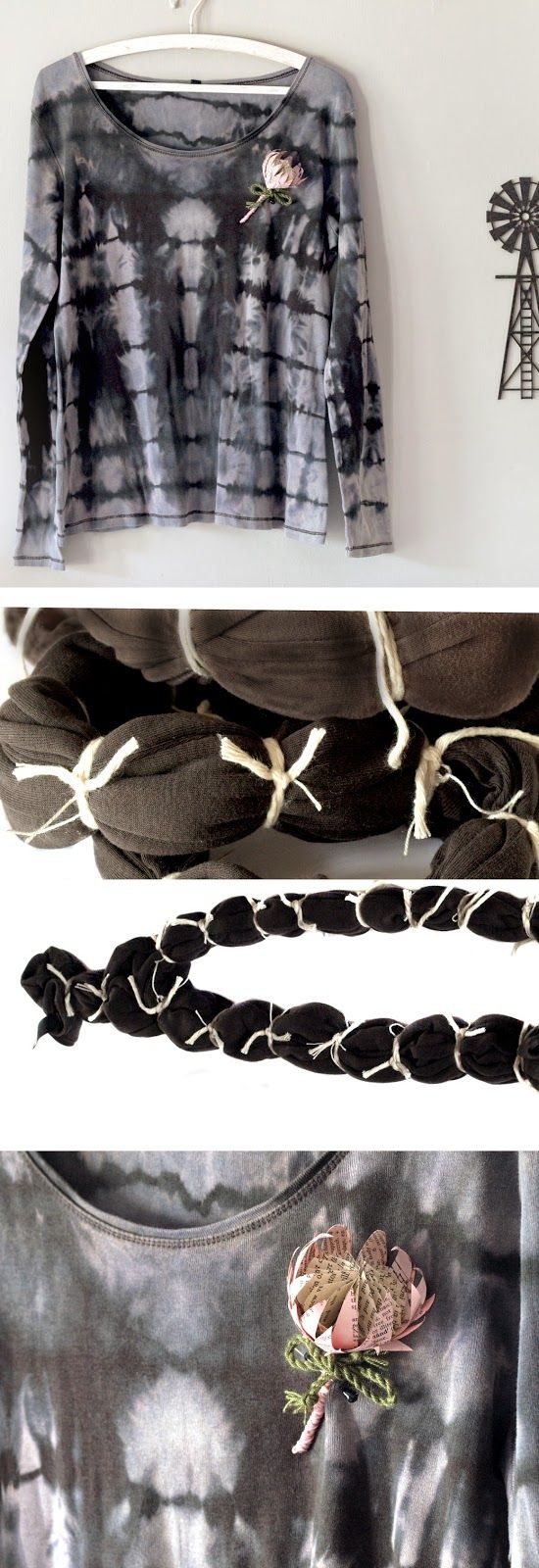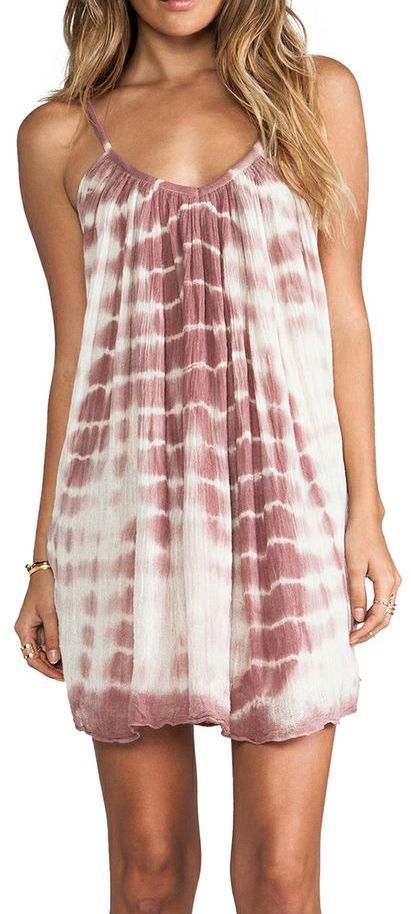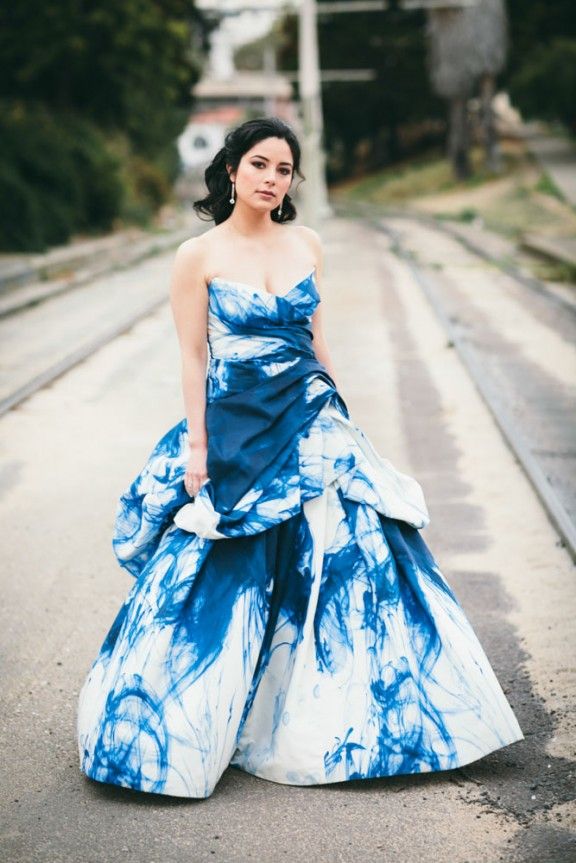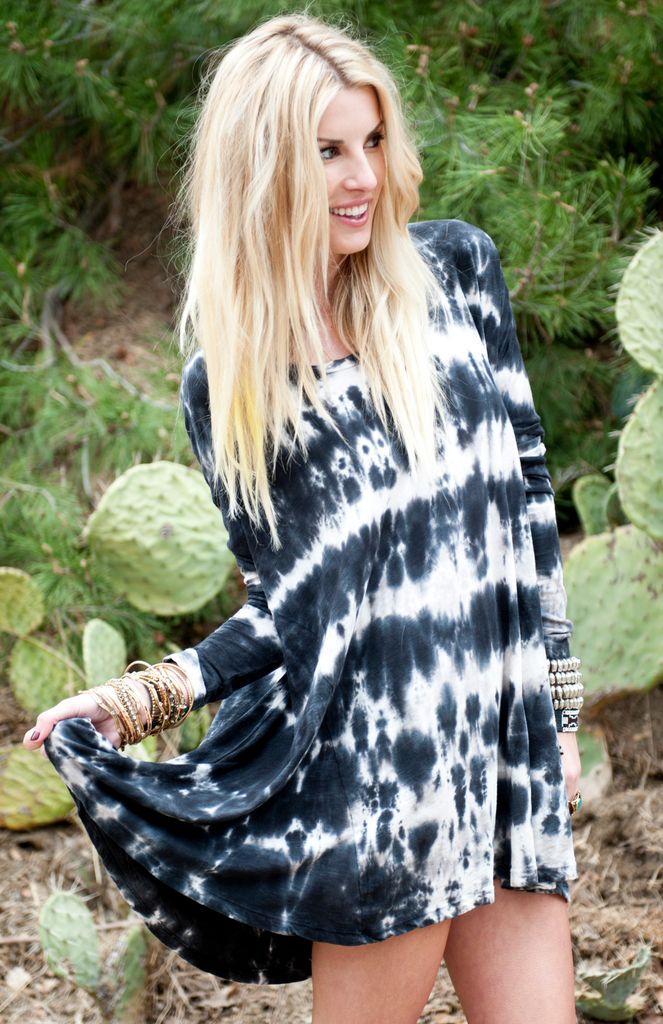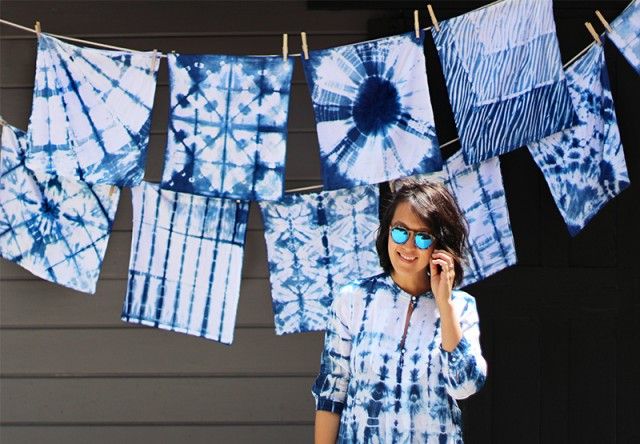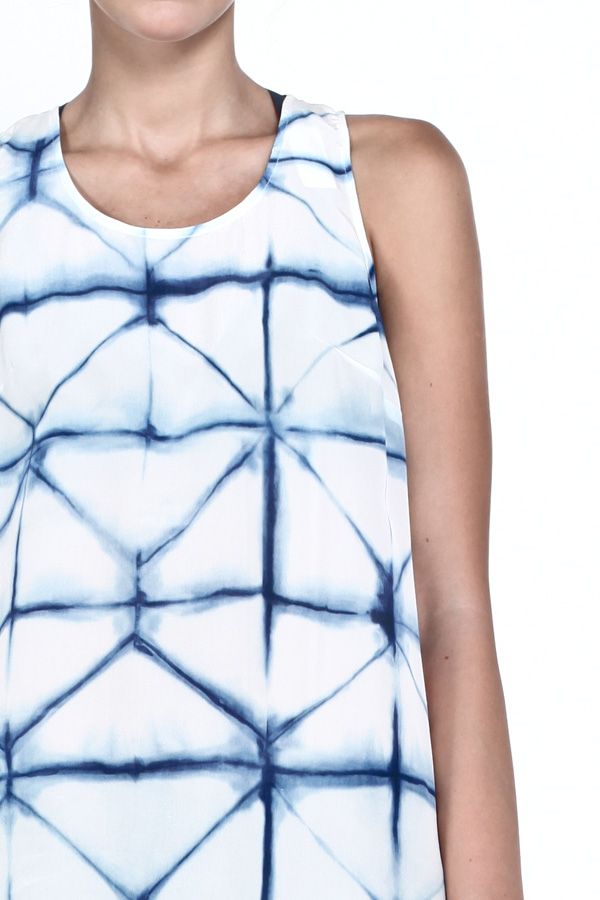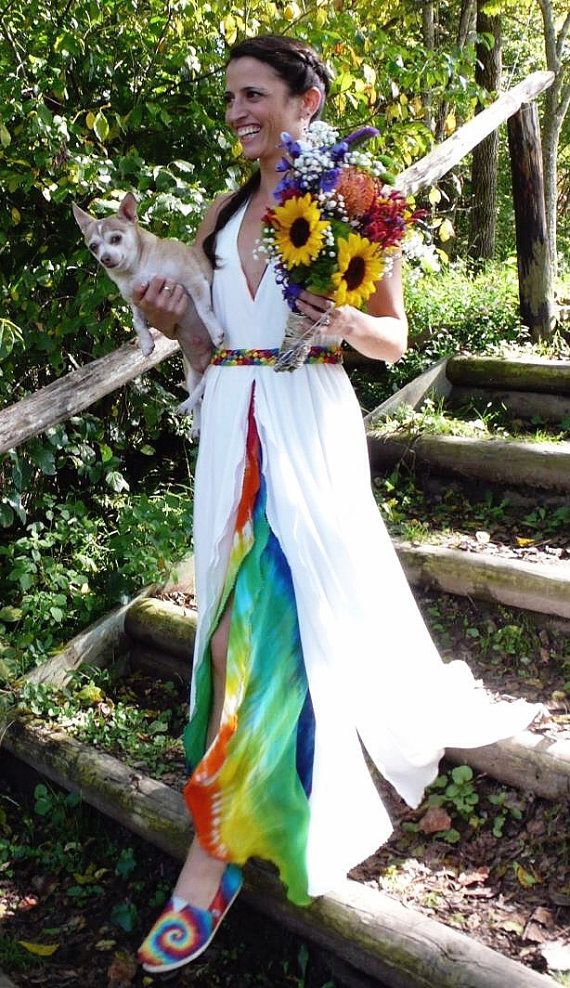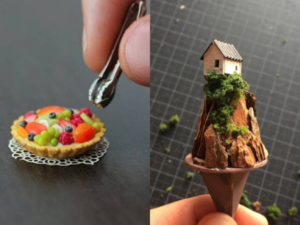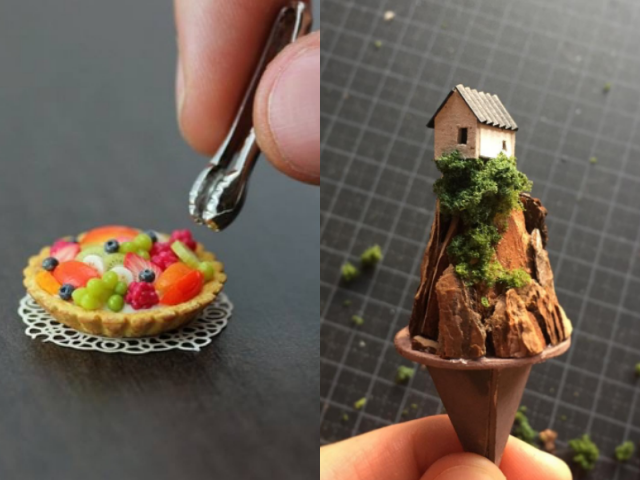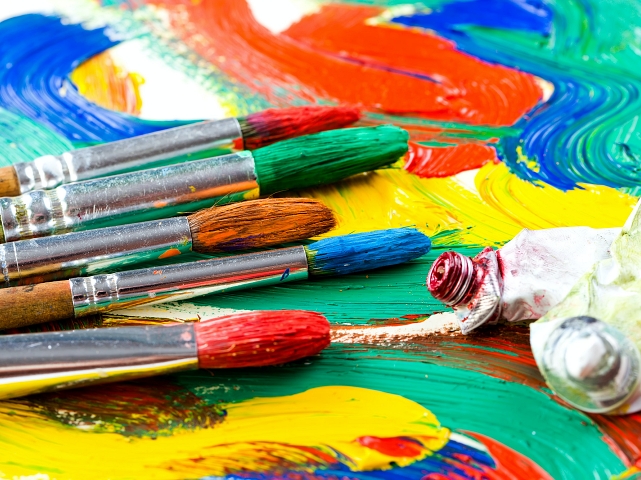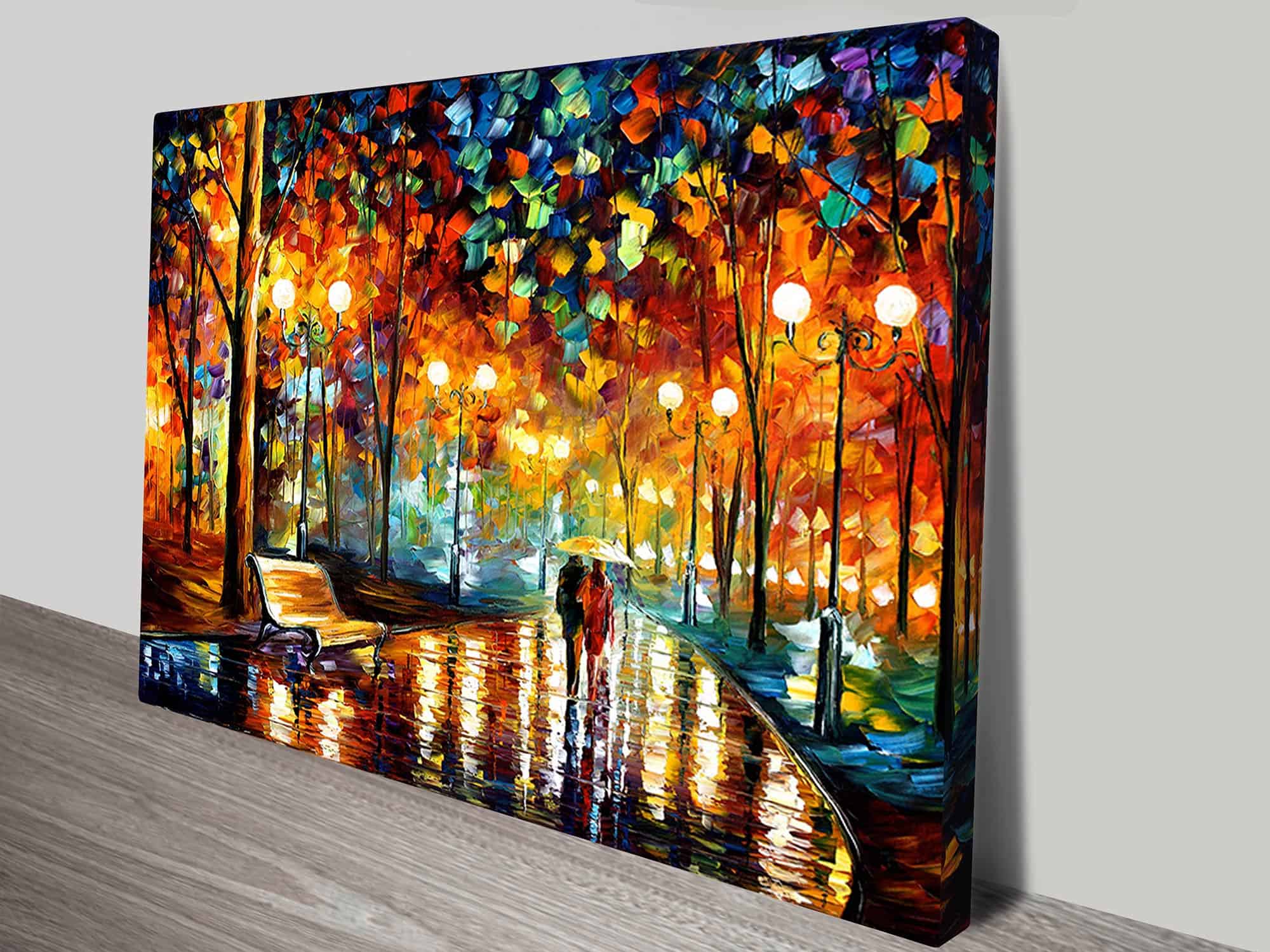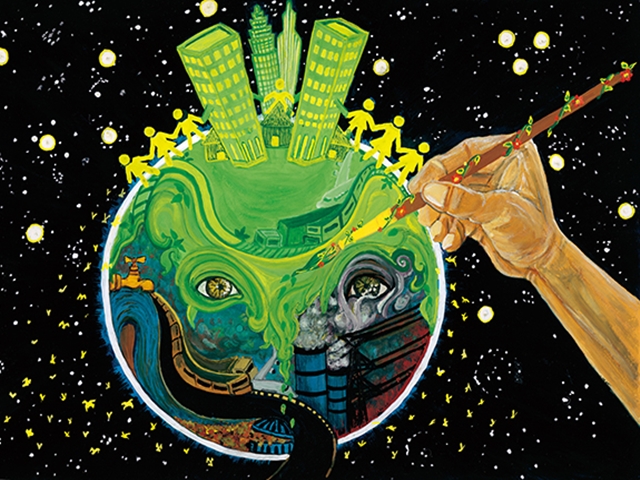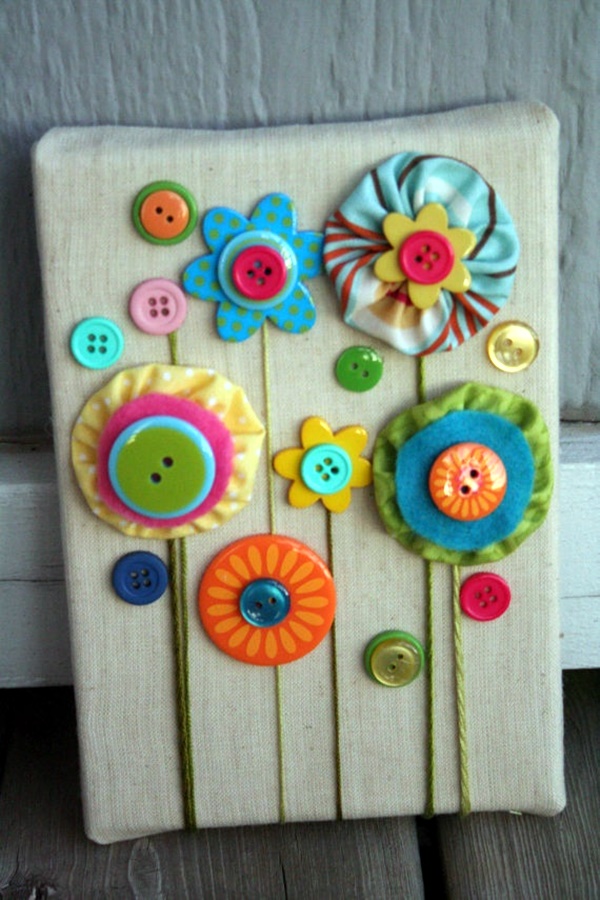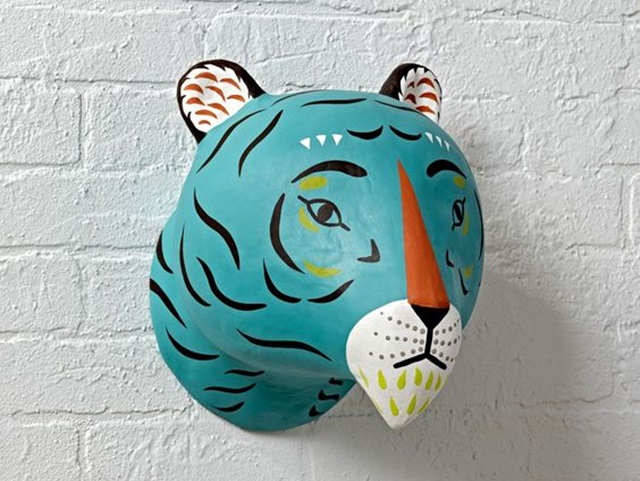Have you ever had some article of clothing that is particularly dear to you but you are no longer to do so because it has become old and boring? On the other hand, that you have a scarf that feels heavenly but looks dowdy? Alternatively, if you have some bedclothes that have some life in them but it is too plain for your liking? Alternatively, have you really wanted to make a bit of clothing in any form with some sort of pattern that is unique and individualistic? Then you should try tie and dye work on fabrics, which is a great way to create colors and patterns on clothing as per your choice.
You can always try painting on fabrics – creating art for wearing and decoration but this means that you have to be good at painting. Painting on clothing to create patterns is a great way to go but we can tell you that the process is going to be slow and painstaking and if you are looking for something that is faster and more suited for mass production, then tie and dye is a good way to go. You can also try block prints – using simple blocks to create amazing designs but this does not mean you cannot use tie and dye for variety.
Here is how what you need to get started on tie and dye patterns and some simple instructions on how to do it:
Prepare a surface to do your tie and dye work
A robust pair of gloves to protect your hands from the dye and water stains
Cloth or fabric that you want to dye
Buckets for mixing the colors
Twine or thread to tie the fabric
An idea for tying and dyeing the fabric.
Method:
Wash the fabric in preparation to dye the fabric so that any pre-existing chemicals or solutions can be washed off
Prepare the fixer by mixing the fixer in sufficient water and soak the fabric in preparation to start the process
You will need to ensure that the fabric that you are going to tie and dye is dry or at least relatively dry before starting the process. Then start the process of twisting the fabric and knotting the bits of cloth so as to form patterns when you start dyeing the fabric.
Different dyes have different instructions to go with them. You will need to ensure that you follow all the instructions before you mix them, which you could mean changing proportions.
Once the dye is ready, then soak the fabric in the dye along with the knotted bits. Once you have soaked the fabric in the dye, it is better to leave the fabric alone. This will enable you to easily wash off the loose dye from the fabric.
Once the dyeing process is over, simply wash out the loose dye from the fabric. For this process, you will need to place the cloth under the tap with flowing cold water. You will need to gently rinse the fabric till the dye does not flow any more.
There are many different patterns that can be used for tying and dyeing that you can find online. This is a relatively simple process that you can learn by trial and error. Do try the process of tying and dyeing with small bits of clothing to ensure that you are aware of the process before proceeding to bigger pieces.
While there is some skill and effort required for carrying out tie and dye, it is a relatively simple process and we are sure you will enjoy doing it on different kinds of fabric.

